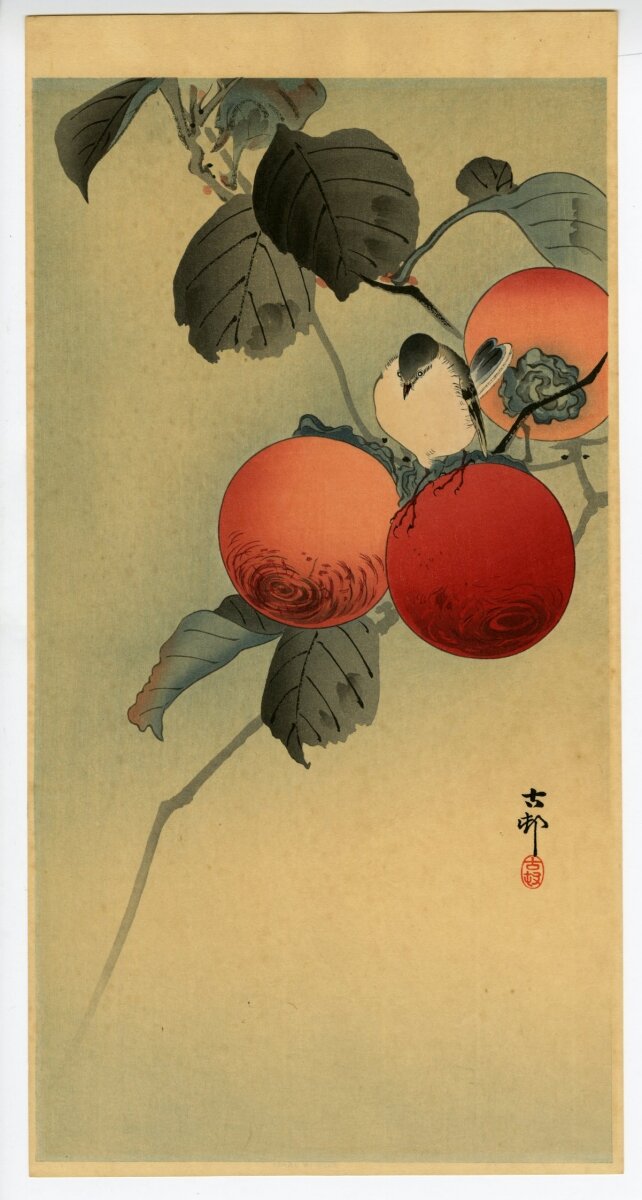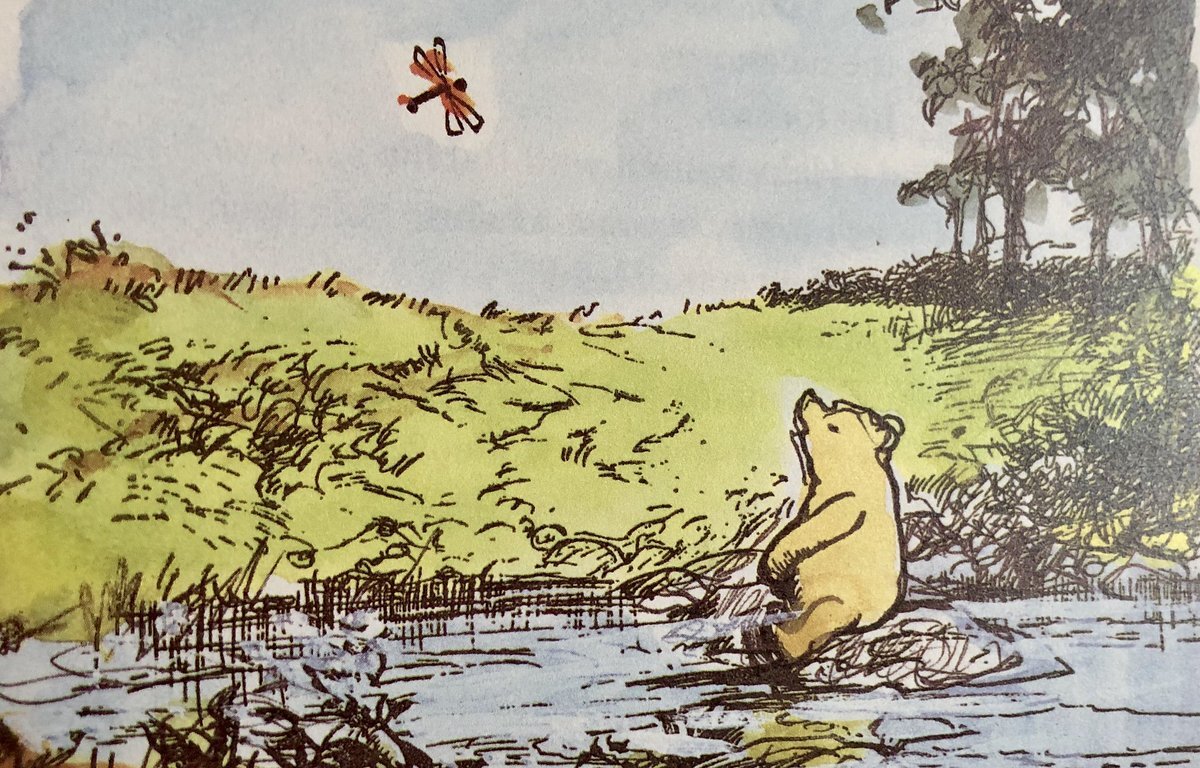It’s been a hectic week on many fronts, so I’m pleased to have been able to follow through with last week’s (impulsive) decision to produce a weekly blog. Hope you enjoy a quick summary of the podcasts, music and articles which have stayed with me this week.
What I’m listening to:
‘Stephen Fry: City of Myths’ in the new "We’ll Always Have Athens" podcast. I love anything Stephen Fry, but particularly his podcasts, which distill his best quality for the audience’s pleasure. Also appreciated this new podcast series for its fostering of post-Corona wanderlust.
Andrea Motis & Joan Chamorro Quintet playing Box Barcelona Music Sessions. One of the brightest young talents and most brilliant musical groupings going around, the opening rendition of the late Bill Withers’ “Ain’t No Sunshine” is out of this world.
Tyler, the Creator’s Tiny Desk Concert with NPR Music. I love these NPR Tiny Desk performances, which allow so much of the artist’s personality to be explored. There’s a lot of joy in this jam, and the backup (lead*) vocalists - Kaye Fox and Kiandra Richardson - are sublime. Worth watching for the Spanish step change alone. While you’re here, check out Tyler performing EARFQUAKE/NEW MAGIC WAND at the 2020 Grammy’s. Verily, The Creator.
Snakehips (what the hell are snake hips?) and MØ’s cover of Childish Gambino’s ‘Redbone’ at BBC Live Lounge. Nothing better than discovering new voices through covers of your favourite tracks, and there’s something special about the earthy honesty of the lead singer’s voice and this arrangement, which infuses the words with a kind of meaning I don’t get from the original.
What I’m reading:
‘I wish my single life was enough for me’ in The Outline. Speaks to the loneliness many come to feel in their late twenties and early thirties, with all of the major ‘adulting’ planets in alignment, except for somebody to love and be loved by: “My life is basically the best it’s ever been in every way, but I have not loved someone who loved me back in a number of years now, and the longer this persists the more sorrowful it makes me.”
‘Helen Garner: ‘I may be an old woman, but I’m not done for yet’ in The Guardian. Beautifully rendered, honest piece on ageing, writing and life by one of Australia’s greatest (and funniest) contemporary writers. “What I really mean is: How will I stay alive, if I stop writing?”
‘Wolf warrior’ diplomats reveal China’s ambitions’ in Financial Times. A disturbing read on China’s hardening diplomatic posture, supported by its “lupine envoys” as The Australian later coined them in its 16 May editorial.
‘Rwandan Genocide Suspect Arrested After 23 years on the Run’ in The New York Times. A lucid piece about the historic arrest of a man substantially involved in crimes against humanity in the Rwandan Genocide of 1994. Demonstrates the indefatigable efforts of the International Criminal Tribunal in seeking justice.
‘We feed you’ in The Saturday Paper. Innovative digital storytelling, featuring portraits of low-paid migrant workers in Australia who have not been afforded the same protections as other workers in the wake of the COVID-19 health and economic crisis. Life and dimension is added to their stories through interactive audio files, gifs, cartoons, and beautiful portrait photographs. “Over the last two decades, low paying work has increasingly been done by workers with no right to stay in Australia. It is especially the case in the food system. Temporary migrant workers plant, pick, pack, slaughter, slice, cook and deliver food for everyone else.”
And finally, something beautiful:
I’m a big fan of artist and Instagram sensation Charlie Mackesy. I’m going to write a standalone piece on his work and new book ‘The Boy, the Mole, the Fox and the Horse’. His sensitive and gentle work reminds me of a 21st century Aesop’s Fables, and it feels so timely with the COVID-19 pandemic. More to come, as they say.
You can check out his website here and his Insta here. I’ve also included the first post I saw of his below, which was published just as everything started to dramatically change in Australia in response to the pandemic. There was - and still is - a lot of fear in the community about the future, but this beautiful image reminds us that adversity is easier to overcome with others than on our own.










